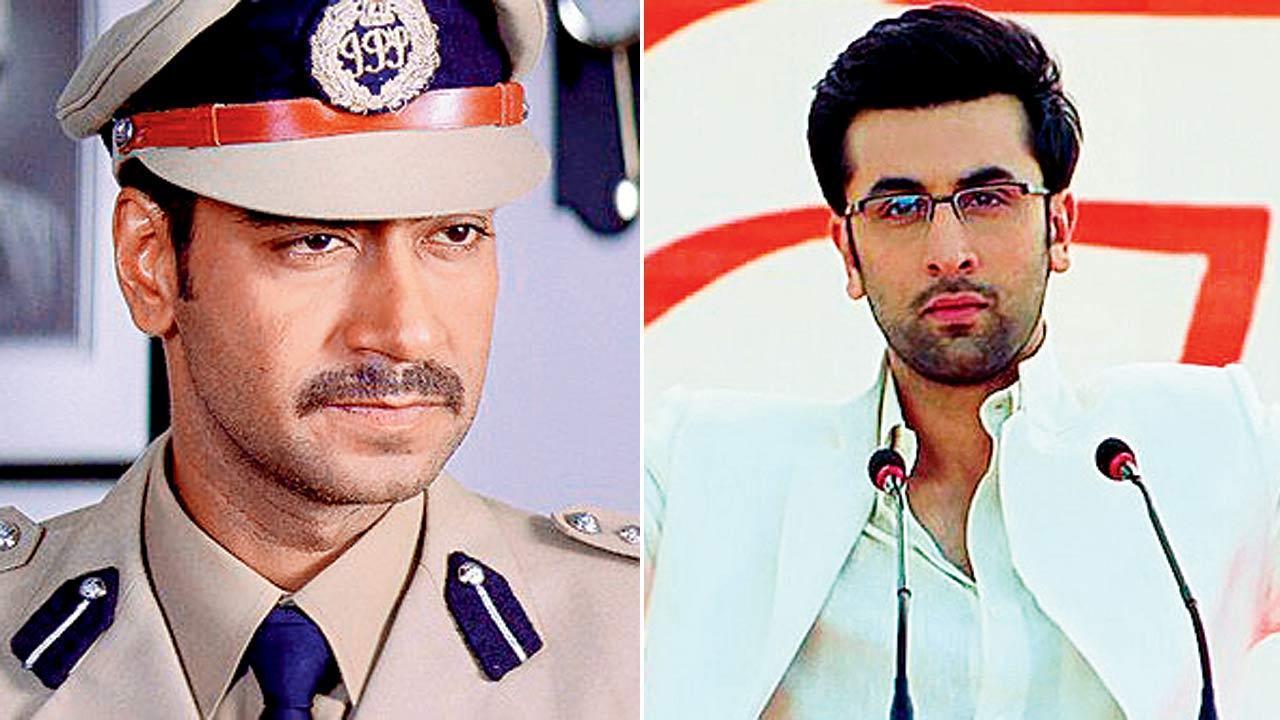
In recent years, Manchester United has experienced a rollercoaster of challenges on and off the pitch. With the club’s devoted fans yearning for a revival of its glory days, the entrance of British billionaire Jim Ratcliffe, through his company INEOS, offers a glimmer of hope for a brighter future. INEOS assumed control of United’s football operations earlier this year, a development met with cautious optimism by supporters and stakeholders who recognize the magnitude of the task at hand.
As the Red Devils embark on a new campaign intent on building upon last season’s FA Cup triumph, the start has been less than ideal. The team has struggled to deliver the consistent performances that historically defined the club’s success, leading to increased scrutiny and pressure on those tasked with steering Manchester United back to the top echelons of football.
In the midst of this transition, David Beckham, a Manchester United icon and respected voice in the footballing community, expressed his views on Ratcliffe’s tenure and the path forward for the illustrious club. During an appearance on the “Rio Ferdinand Presents” podcast, Beckham articulated his support for the minority owner’s efforts to instigate change and inject a fresh perspective into the club’s operational strategy.
David Beckham, whose career with Manchester United spanned from 1992 to 2003, is no stranger to the highs and lows of the football world. His admiration for Ratcliffe is evident. “I really like Jim,” Beckham remarked. “He really cares about what he wants to do and what he wants to create.” These words offer insight into Beckham’s belief that Ratcliffe’s involvement could catalyze a pivotal transformation for United, albeit one that requires time and patience.
The sense of urgency among the club’s supporters is palpable, a reflection of the prolonged period of fluctuations and disappointments they have endured. Yet, Beckham urges for a tempered approach, understanding that true progress cannot be rushed.
. “Hopefully, things will change, but these things take time,” he emphasized, adding, “I think we have been quite patient.” His call for patience resonates deeply given the complexities inherent in overhauling an institution as storied and deeply entrenched as Manchester United.
Ratcliffe’s endeavor to revolutionize the club’s fortunes is not merely about improving on-pitch performances; it’s about crafting a sustainable model for success. Such a transformation involves a comprehensive analysis of the club’s infrastructure, business models, and engagement with its extensive global fanbase. It’s an approach that echoes the rejuvenation strategies seen in other top-level football clubs, where strategic planning and operational excellence are foundational pillars.
The integration of new ideas and methodologies appears central to Ratcliffe’s vision, with INEOS likely seeking collaborations with leading analysts, coaches, and industry professionals to implement best practices across every facet of the club. This strategic realignment aims not only to bring success back to Old Trafford but to empower Manchester United to maintain a competitive edge both locally and internationally.
As Beckham advocates for Ratcliffe’s efforts, he also acknowledges the importance of collaboration and unity within the club’s structure. Former players, managerial staff, and the current squad must work cohesively to embrace the new vision and contribute positively toward achieving the club’s long-term objectives.
While the Red Devils’ current form may cast a shadow over immediate expectations, the overarching narrative is one of cautious optimism and collective ambition. The challenge now lies in managing both time and resources effectively, cultivating a balanced team capable of realizing the sophisticated tactics and strategies being put in place.
As Manchester United fans await tangible progress, the words of legends like Beckham serve as reassurance that the journey, though arduous, holds promise. For Ratcliffe and INEOS, the quest to return Manchester United to the “good old days” is underway—a project of dedication and perseverance that could redefine the identity and future of one of football’s most iconic clubs.










